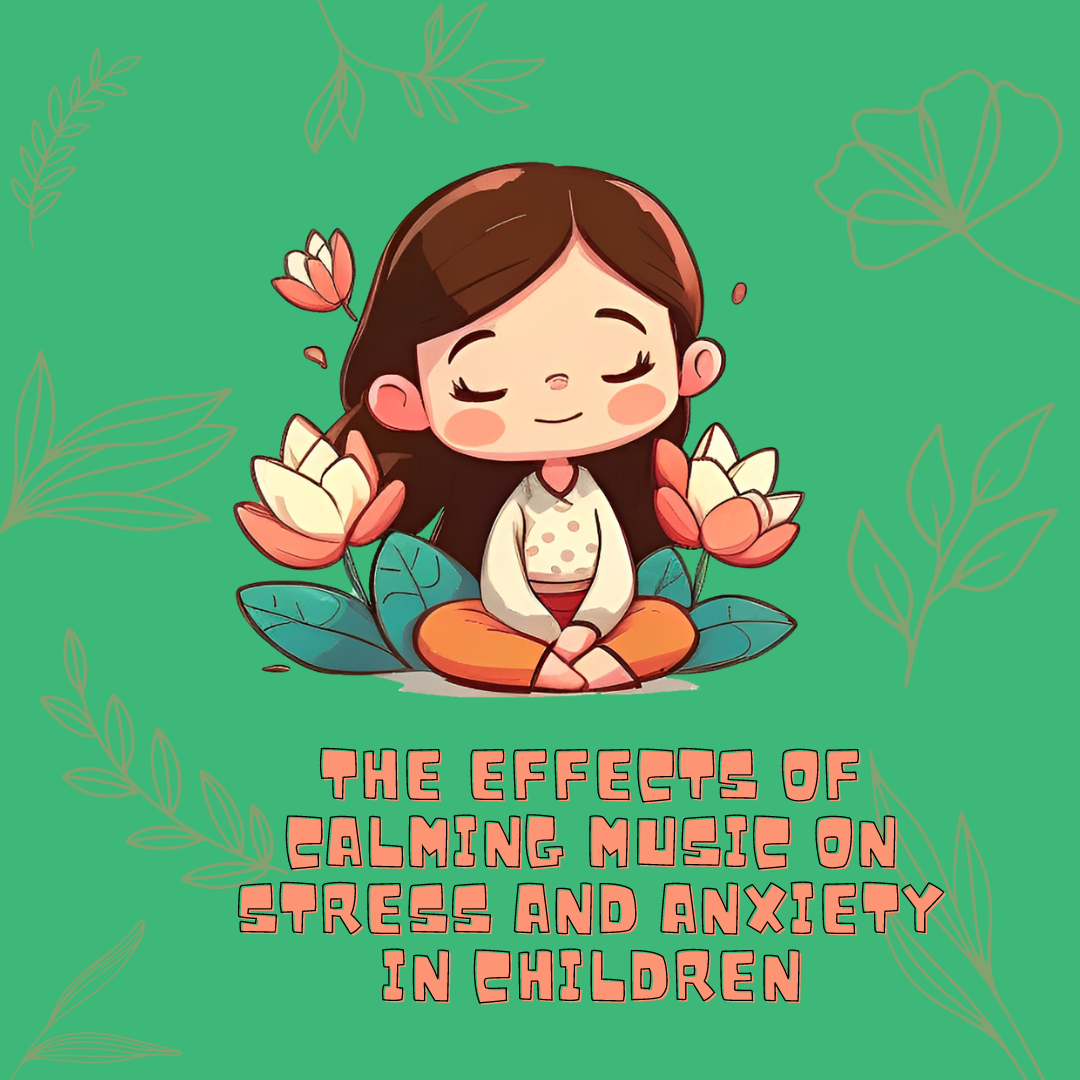Updated: 10 April 2025
Disclaimer: The following content is intended for general informational purposes only. The effects of calming music on stress and anxiety in children may vary by individual. Always seek guidance from a qualified healthcare provider for personalised advice. RiiRoo accepts no liability for any actions taken based on this information.
Stress and anxiety aren’t just adult issues—children experience them too. Whether it's academic pressure, social challenges, or changes at home, children are increasingly exposed to emotional stress.
 One effective and accessible method of reducing stress in children is calming music. In this guide, we explore the science behind it, the benefits for kids, and practical ways to incorporate it into daily routines.
One effective and accessible method of reducing stress in children is calming music. In this guide, we explore the science behind it, the benefits for kids, and practical ways to incorporate it into daily routines.
The Science Behind Calming Music
How Music Affects the Brain
Music has a profound impact on brain function, affecting emotional regulation, memory, and even physical health. Read more about the science here.
- Increases blood flow to emotional and memory-related brain areas
- Boosts dopamine release, enhancing mood and motivation
- Promotes cognitive recovery and strengthens memory
- Improves sleep, reduces pain, and lowers blood pressure
- Enhances immune function and reduces cortisol (stress hormone)
Music and the Stress Response
Music can trigger the body's relaxation response. Slow tempos calm the nervous system and reduce cortisol levels. Listening before or during stressful situations can ease anxiety and improve emotional balance. See how calming music compares to white noise here.
The Role of Music in Anxiety Reduction
Calming music not only relaxes the mind but also shifts attention away from distressing thoughts. It can:
- Lower heart rate and muscle tension
- Provide sensory comfort for children with anxiety disorders
- Elevate mood in both individual and group settings
Here's how to help your child use music as a coping tool.
Benefits of Calming Music for Children
1. Emotional Regulation
Calming music encourages self-soothing and helps children navigate strong emotions more effectively.
2. Improved Focus and Learning
A relaxed mind is better equipped to learn. Soft music during study sessions can improve concentration and memory retention.
3. Better Sleep and Relaxation
Music at bedtime helps regulate sleep cycles, especially when paired with a nightly routine.
Types of Calming Music for Children
- Classical: Gentle pieces by Mozart or Debussy can help calm the nervous system.
- Nature Sounds: Rainfall, waves, or forest ambience promote mental stillness.
- Ambient: Soothing soundscapes without lyrics reduce sensory overload.
Try these calming playlists for kids.
Tips for Incorporating Calming Music
- Set Volume Sensibly: Keep it soft and non-intrusive.
- Create Routine: Use music consistently before bedtime, during homework, or after school.
- Match Preferences: Experiment with genres to find what your child connects with emotionally.
Combining Calming Music with Other Techniques
Mindfulness
Teach deep breathing and meditation techniques alongside soft music to reinforce emotional regulation.
Physical Activity
Encourage daily exercise, which also releases mood-boosting chemicals and reduces tension.
Creative Expression
Incorporate painting, storytelling, or dancing with music to help children process feelings in a safe space.
In Summary
Calming music is a powerful tool that supports children’s mental and emotional well-being. When paired with mindfulness, movement, and creative expression, it becomes even more effective. Try incorporating music into your child’s daily routine and notice the positive changes over time.
FAQs
Can calming music help children with ADHD or anxiety disorders?
Yes, many children with ADHD or anxiety find calming music helpful, especially when part of a structured routine. However, it should not replace professional care.
How soon can we expect results from using calming music?
Some children respond immediately, while others may take days or weeks to notice a difference. Consistency is key.
Can my child use calming music at school?
Yes, many schools allow music with headphones during quiet time or independent work. Check with your child's teacher for policies.
Are there calming music apps for children?
Yes, apps like Moshi, Calm, and Headspace offer child-friendly music and meditation tracks specifically designed for relaxation and focus.
Is calming music safe to use daily?
Absolutely. Daily exposure to calming music—at a comfortable volume and appropriate time—has no known negative side effects.





Share:
How to Teach Your Child to Use Calming Music as a Coping Mechanism
Calming Music for Kids with Autism: What You Need to Know